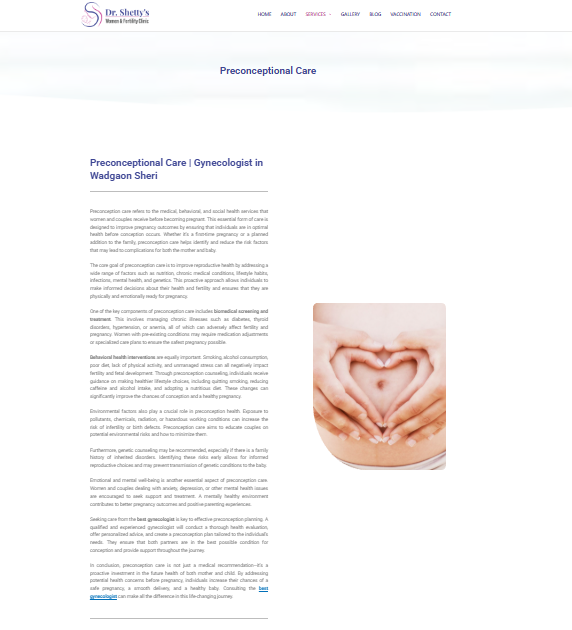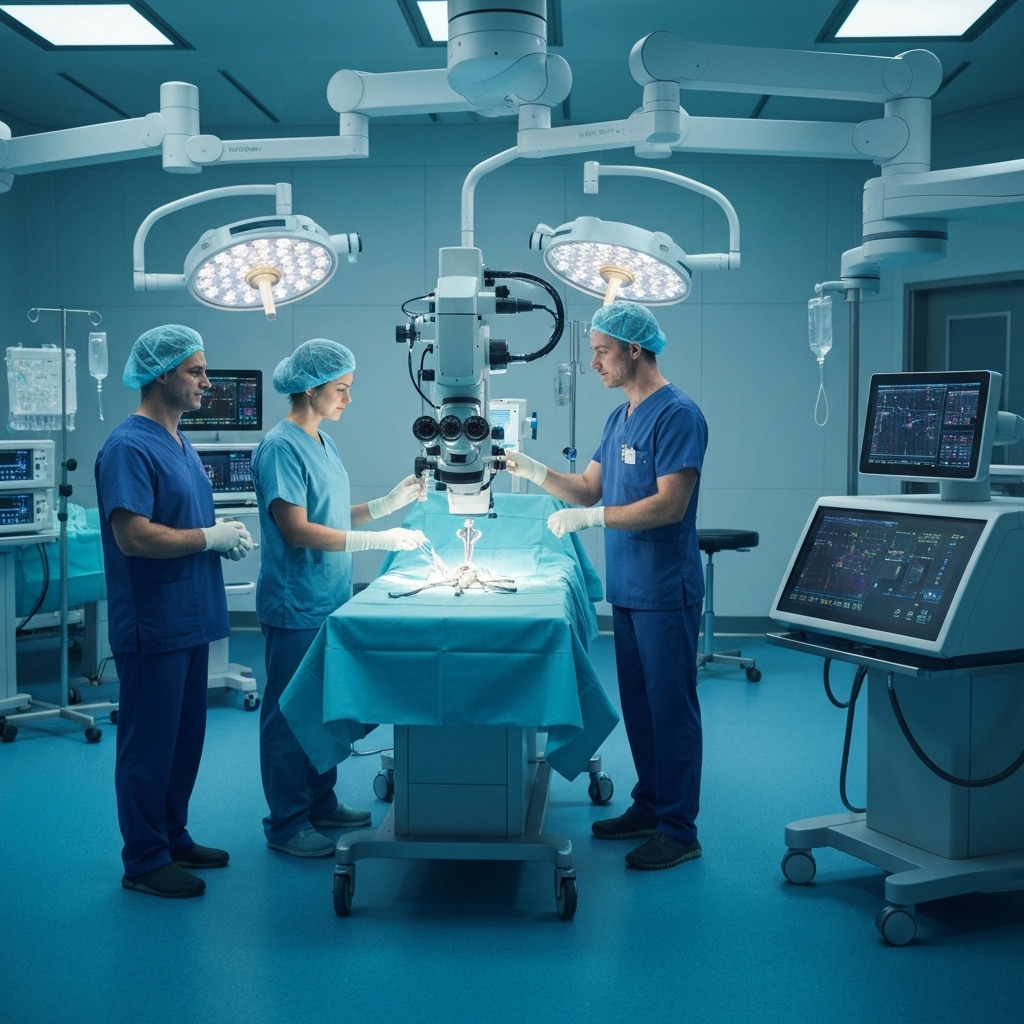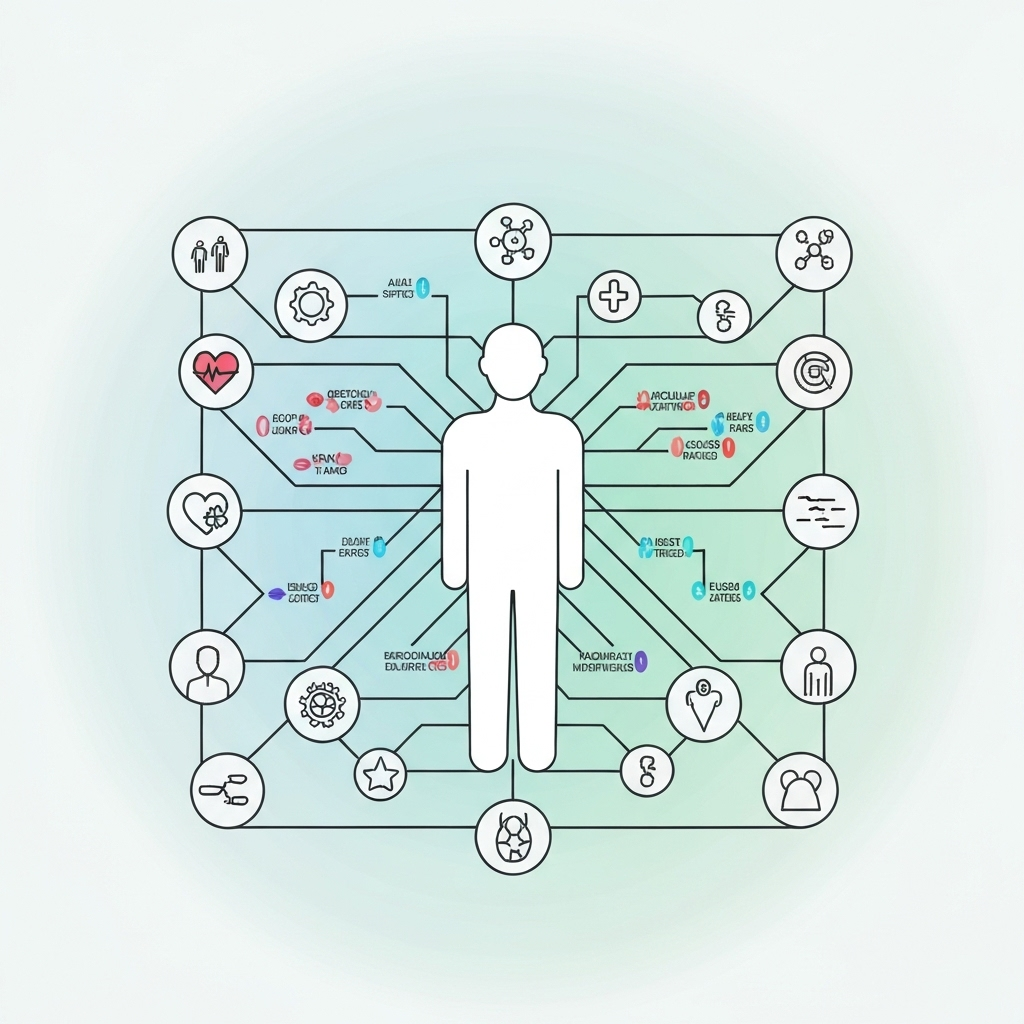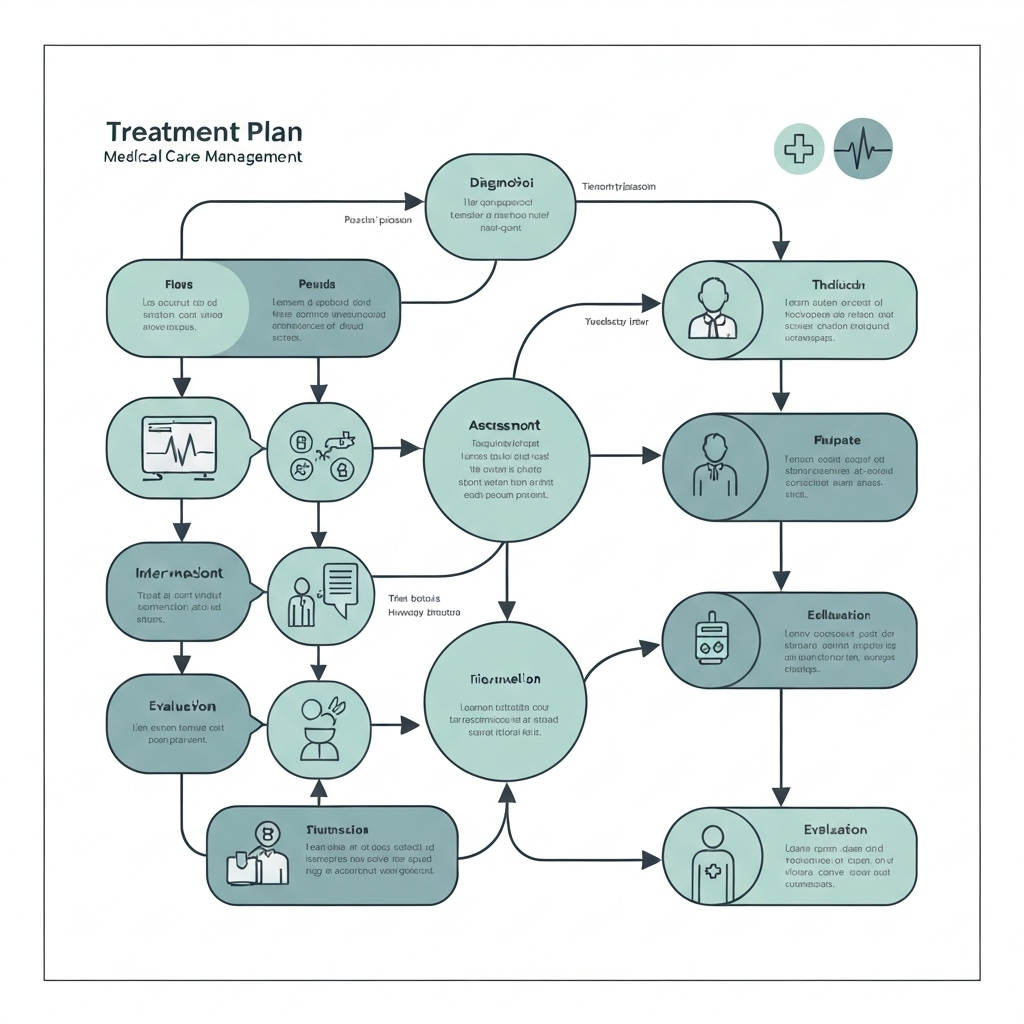Menopause Related Problems
Expert care and guidance from Dr. Meenal Warade, your trusted gynecologist.

About Menopause Related Problems
Menopause is a natural biological process marking the end of a woman's reproductive years, typically occurring between ages 45-55. It's defined as the permanent cessation of menstruation for 12 consecutive months, caused by declining estrogen and progesterone production by the ovaries.
The transition to menopause, called perimenopause, can last several years and involves various physical and emotional changes. While menopause is a normal part of aging, the symptoms can significantly impact quality of life, making proper management and support essential for maintaining health and well-being during this transition.

Expert Consultation
Personalized care with comprehensive evaluation and treatment planning.

Advanced Technology
State-of-the-art equipment for accurate diagnosis and effective treatment.
Common Causes & Risk Factors
Natural menopause occurs due to the gradual decline in ovarian function as women age. The ovaries produce less estrogen and progesterone, leading to irregular periods and eventual cessation of menstruation. This process typically begins in the 40s during perimenopause.
Surgical menopause can occur after removal of both ovaries (bilateral oophorectomy) or as a result of treatments that damage the ovaries, such as chemotherapy or radiation therapy. This type of menopause occurs suddenly and may cause more severe symptoms.
Premature menopause, occurring before age 40, can result from genetic factors, autoimmune diseases, or medical treatments. Primary ovarian insufficiency, where ovaries stop functioning normally before age 40, can also cause early menopause. Smoking and certain medical conditions may accelerate the onset of menopause.

Lifestyle Factors
Understanding how daily habits and choices impact your health.

Genetic Factors
Family history and genetic predisposition considerations.
Prevention & Management
While menopause cannot be prevented as it's a natural process, symptoms can be managed effectively through various approaches. Hormone replacement therapy (HRT) can help alleviate hot flashes, night sweats, and other symptoms, though it's not suitable for everyone.
Lifestyle modifications play a crucial role in managing menopausal symptoms. Regular exercise helps maintain bone density, manage weight, and improve mood. A balanced diet rich in calcium and vitamin D supports bone health, while limiting caffeine and spicy foods may reduce hot flashes.
Stress management techniques, adequate sleep, and avoiding smoking and excessive alcohol consumption help minimize symptoms. Regular health screenings for bone density, cardiovascular health, and cancer become increasingly important during and after menopause.

Regular Screening
Early detection through routine examinations and preventive care.

Treatment Planning
Customized treatment approaches tailored to individual needs.
Frequently Asked Questions
Ready to Get Started?
Schedule your consultation with Dr. Meenal Warade today for personalized care and expert guidance.